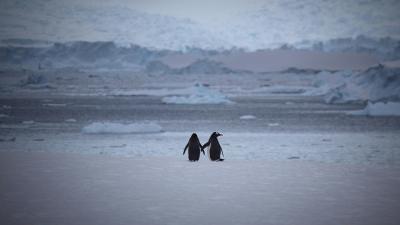
About this subject
This course introduces students to climate change law and policy. It begins by examining climate change as a disruptive legal phenomenon, exploring how it is framed and how legal systems have responded to it.
It provides a foundation in climate law and policy across international, EU, and selected national legal orders. It covers also climate litigation, including the growing importance of judicial adjudication and the role of courts in climate governance.
Building on this foundation, the course then examines specific climate measures in greater depth, including carbon markets, greenhouse gas removal technologies, and critical raw material mining. Finally, it addresses greenwashing and the risks it poses to the credibility and effectiveness of climate action.

Course Convenor: Prof Sanja Bogojević
Sanja Bogojević is Fellow and Professor of Law at Lady Margaret Hall and the Faculty of Law, University of Oxford. She is an expert in environmental law and an award-winning legal scholar. A major strand of her scholarship explores the interconnections between law, environmental problems, and markets. She has worked extensively on carbon markets, as well as on the “greening” of markets through public procurement, greenhouse gas removal technologies, and environmental rights. Her current work focuses on critical raw materials as a market-based climate action. She has also written on the interconnectedness between environmental protection, populism, and the rule of law.
Sanja is General Editor of the Journal of Environmental Law and a member of the Avosetta Group of EU environmental law experts. She sits on the international advisory board of the Renewables and Environmental Regulatory Institute and was previously a board member of Climate Strategies. She is also Associate Dean for Research at the Oxford Law Faculty.
-
Learning outcomes
By the end of this course, you will:
- Be able to demonstrate a critical understanding of how climate change is conceptualised as a legal and societal issue.
- Be able to analyse and critically compare a range of national and inetrnational legal frameworks addressing climate change.
- Develop a critical vocabulary for engaging in discussion on contemporary debates about the role of law in addressing climate change.
Who is this course suitable for?
This course would suit students in a range of disciplines, including Law, Philosophy, Politics, Economics, Development Studies, Human Geography, or International Relations.
Dates and availability
Available as a Residential course on the following dates:
Session 1: 29th June - 17th July 2026
Get in touch
If you have any questions, or would like to know more, please get in touch via the link below.